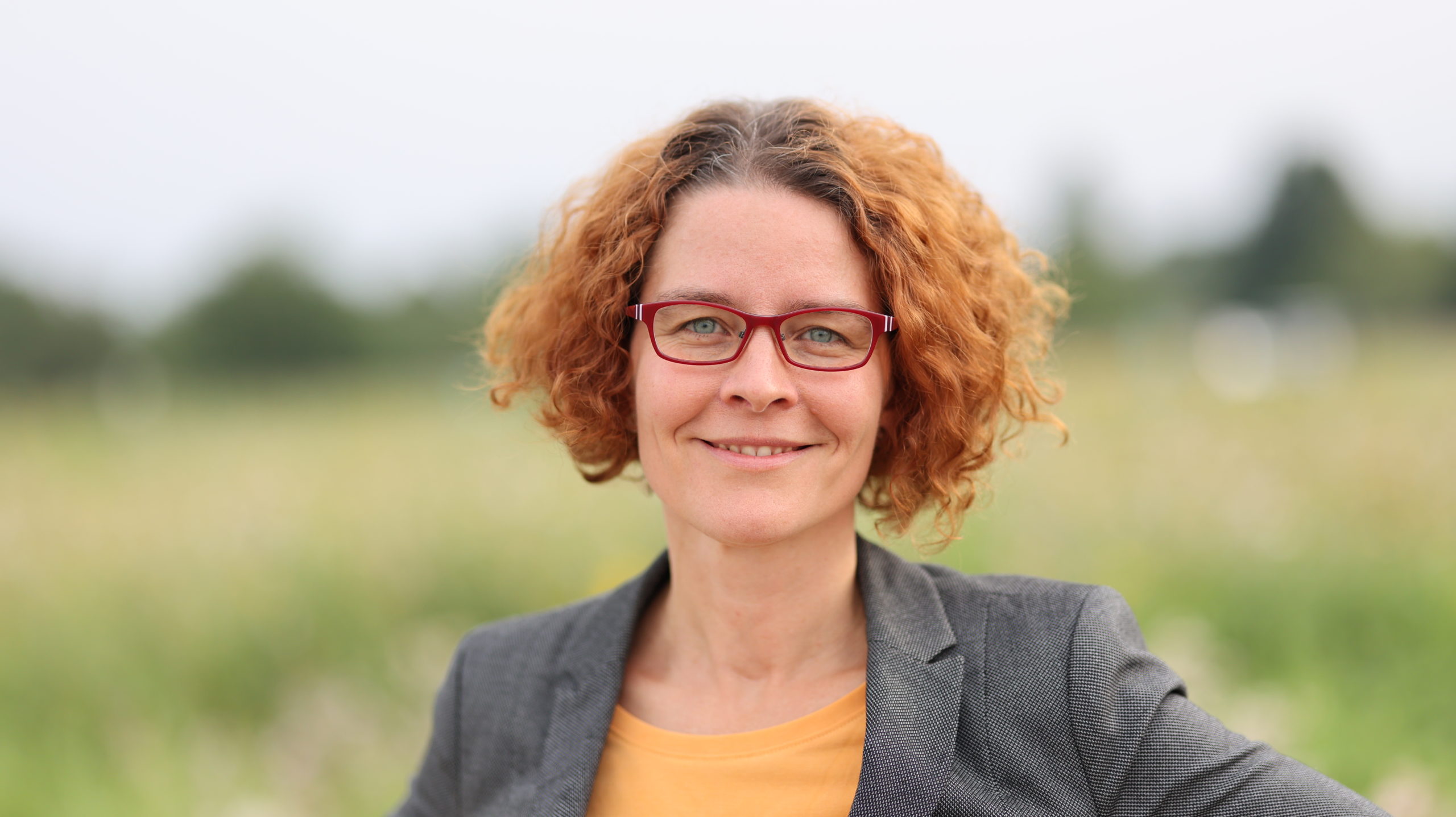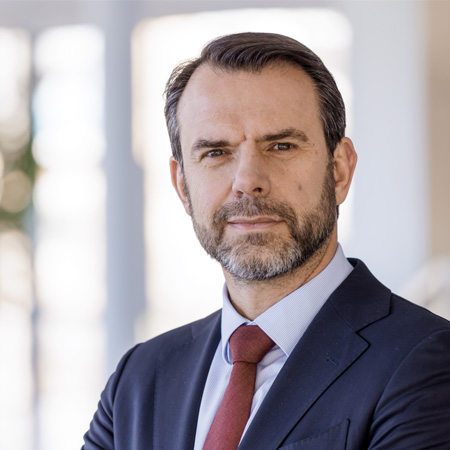New Director at INW

Prof. Dr. Regina Palkovits is to become a director at INW and will be the head of the INW-2 subinstitute. Photo: Forschungszentrum Jülich/Jansen
Regina Palkovits becomes head of INW-2
Hydrogen research in Jülich is being bolstered by the arrival of a high-profile expert: Prof. Dr. Regina Palkovits is to become a director at the Institute for a Sustainable Hydrogen Economy (INW) at Forschungszentrum Jülich. She will take over as head of the Catalytic Materials for Chemical Hydrogen Storage (INW-2) subinstitute on 1 October. In accordance with the Aachen model, Prof. Palkovits will divide her work equally between INW-2 and the Institute of Technical and Macromolecular Chemistry at RWTH Aachen University where she is chair of heterogeneous catalysis and technical chemistry.
INW forms the core of the Helmholtz Cluster for a Sustainable and Infrastructure-Compatible Hydrogen Economy (HC-H2). The aim of the structural change project is to develop the Rhenish mining area into a model region for hydrogen technology that has a global reach. It also aims to create new jobs in the net-zero energy economy of the future.
The development of the Helmholtz hydrogen cluster is making great strides. I’m delighted that in Prof. Regina Palkovits, we have been able to recruit an internationally renowned researcher in the field of hydrogen technology for the leadership team at Forschungszentrum Jülich’s Institute for a Sustainable Hydrogen Economy. Her work will make an important contribution and provide a further boost to structural change in the Rhenish mining area.
Dr. Peter Jansens, Member of the Board of Directors of Forschungszentrum Jülich

The highly decorated researcher says she is excited by the special challenge that INW brings with it. “INW offers the highly exciting opportunity of taking innovative hydrogen technologies from basic research to application. We conduct excellent basic research in Germany and are technological leaders in many areas. Today, it is just as important to put findings into practice to ensure that we ultimately benefit from our leadership role,” says Palkovits.
Basic research is conducted on the storage (short term and long term) and transport of hydrogen within INW’s four subinstitutes. The new technologies will be put into application as part of the Helmholtz hydrogen cluster (HC-H2), which was developed out of the collaboration between INW and other partners from science, business, and industry. HC-H2 is focused on the development and demonstration of innovative hydrogen technologies on an industrial scale. “This is one of INW’s great strengths. It does not stand alone, but is embedded in an environment of cutting-edge research shaped by Forschungszentrum Jülich and the surrounding universities,” explains Palkovits.
Habilitation at RWTH Aachen
According to Palkovits, the job profile for the new position is a good match for her career and scientific interests. As a chemical engineer, part of her studies was focused on application. During her doctoral degree at Max-Planck-Institut für Kohlenforschung and her habilitation at RWTH Aachen University, she conducted a lot of basic research but always with a focus on the application of new technologies. “Of course, it would be great to receive a major award such as the Nobel Prize for your basic research. However, it is just as important to me that the catalysts I develop are used and help to achieve progress.”
This is precisely where Prof. Palkovits sees the focus of her research – catalyst technologies. She describes catalysts as a kind of matchmaker for molecules. This is what the chemical storage of hydrogen is all about: hydrogen molecules form a bond with other molecules during catalysis. The resulting compound facilitates the storage (short term and long term) and transport of hydrogen. These are the scientific priorities at INW, where Prof. Palkovits’ expertise will fit in seamlessly.
Since coming to Jülich, the new director has focused on setting up her new team. She plans to advertise the first positions soon so that she will then be able to start scientific work. With the appointment of Prof. Dr. Regina Palkovits and Prof. Dr.-Ing. Andreas Peschel, both INW-2 and INW-4 now have subinstitute heads. The appointment procedures for the heads of INW-1 and INW-3 are ongoing.

